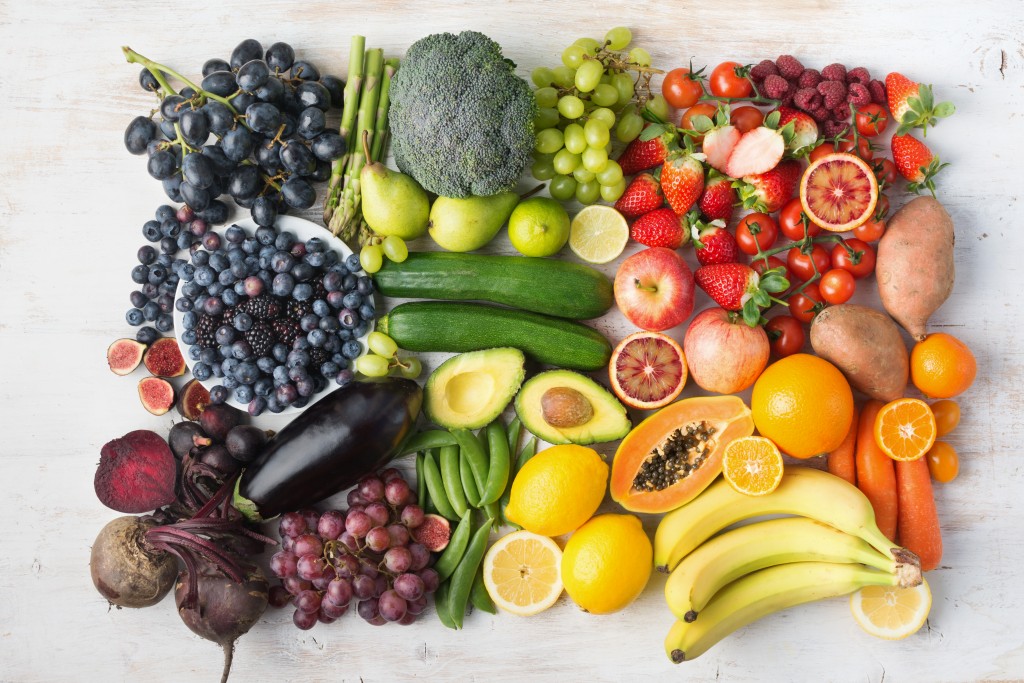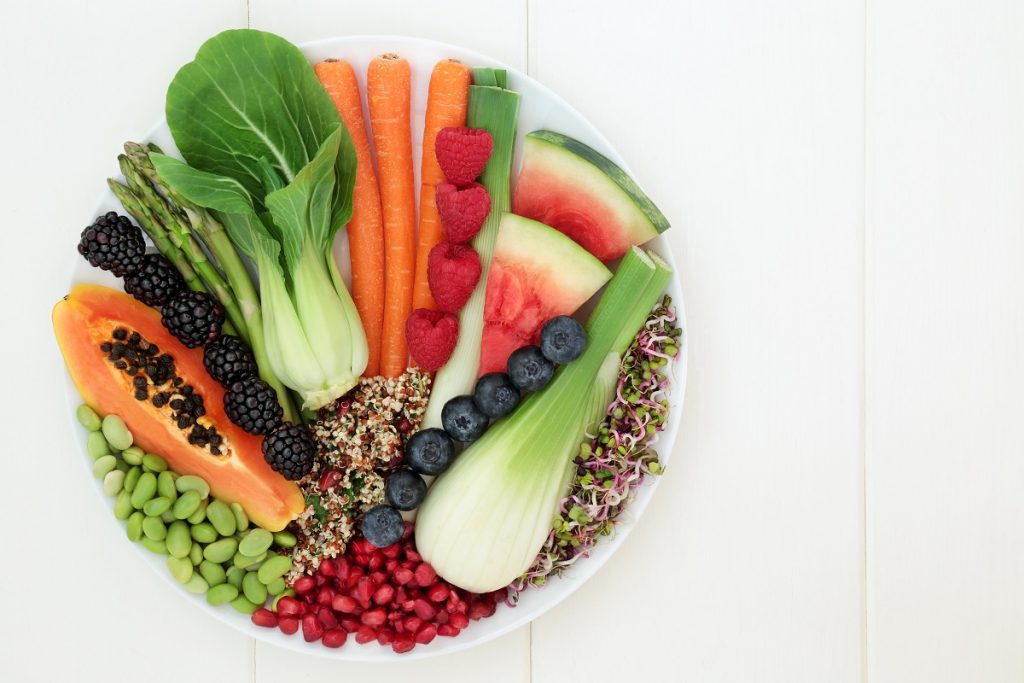The internet is the channel for starting trends, and one of the most pervasive trends we’ve seen in recent years is that of “healthy eating.” It’s a noble cause, but with all the hype that comes with it, some falsehoods and exaggerations inevitably exist. No doubt you’ve stumbled across the term “superfood” while scrolling through the internet — most likely Instagram, to be specific. In this category are foods such as kale, berries, whole grains, fish, legumes, yogurt, quinoa, and avocados. But do they really earn the label “super”?
Fitness influencers and diet culture
Superfoods gained a lot of popularity thanks to the fitness influencers who swear by them. These influencers have seen boosts in popularity ever since gyms shut down and the fitness realm — like many others — made the internet its main headquarters.
But it’s also important to remember that many fitness influencers that are dominating Instagram, TikTok, and YouTube don’t have the credentials to tell people what to eat and how to work out. With the right kind of positioning, anyone can look like a trained expert on any given topic.
Remember that a large follower count, an impressive list of sponsors, and a conventionally fit body don’t point towards qualifications to tell you how to eat or work out. It’s best to get your nutrition advice from doctors, nutritionists, dietitians, and personal trainers, who have all been given courses in nutrition as part of their education.
It can also be difficult to determine whether these influencers are just perpetuating diet culture — and its toxicity, whether they’re aware of it or not — or actually promoting truly healthier lifestyles and eating. Diet culture also vilifies certain foods or ingredients such as sugar and processed foods, and it can be hard to shake these “evil” images of foods that are, by all accounts, delicious.
The problems with the superfood trend
They’re expensive. People treat being able to eat these foods on a regular basis as a status symbol – in a way, that’s true. But remember that you don’t have to buy into that way of thinking. The best foods for you to eat are those that are good for you and won’t hurt your budget. There are plenty of cheaper alternatives for superfoods that offer just as many health benefits.
Broccoli, for instance, is a good alternative to the uber-hyped kale. It has all the vitamins and nutrients that kale has such as iron, vitamin a, vitamin B6, magnesium, and calcium – and has a more manageable price tag. The only advantage that kale has over broccoli is that its flimsy, leafy form makes it easier to blend into smoothies. Still, with a good blender, you can still blend broccoli into green shakes.
People treat them as the be-all-end-all of a healthy lifestyle. There are more affordable ways to live a healthy lifestyle. More importantly, a healthy lifestyle doesn’t stop at eating healthily. One has to practice other healthy habits such as exercising regularly, getting enough sleep, managing stress, and not engaging in vices such as excessive drinking or smoking.
Foods that work for influencers and celebrities might not work for you. This is why it’s best to consult a person with credentials in nutrition and health. It isn’t just about what vitamins and minerals are present in the foods, but also about how your body responds to them. For instance, do you have any health conditions or allergies that might make you respond undesirably to certain foods?
The term “super” is just a marketing ploy. As we’ve discussed, there are other foods that are packed with just as many benefits as these so-called superfoods, and some are even cheaper. There’s a similar debate regarding whether organic foods are superior to conventionally grown foods that use pesticides. But research hasn’t found any substantial differences in vitamin and nutrient contents between organic and non-organic foods.
Marketers take advantage of the fact that people don’t often take a closer look at the science behind – or lack thereof — labels such as “organic” and “super”. Once consumers register those labels and the higher price points that they come with, they immediately assume that these foods are superior to more conventional alternatives.
Don’t be fooled by labels that exist more for marketing than for anything else. As with everything else on the internet, don’t believe everything you read. Do research of your own — check if this information is coming from a reliable source. When in doubt, consult someone who’s educated in the field.

